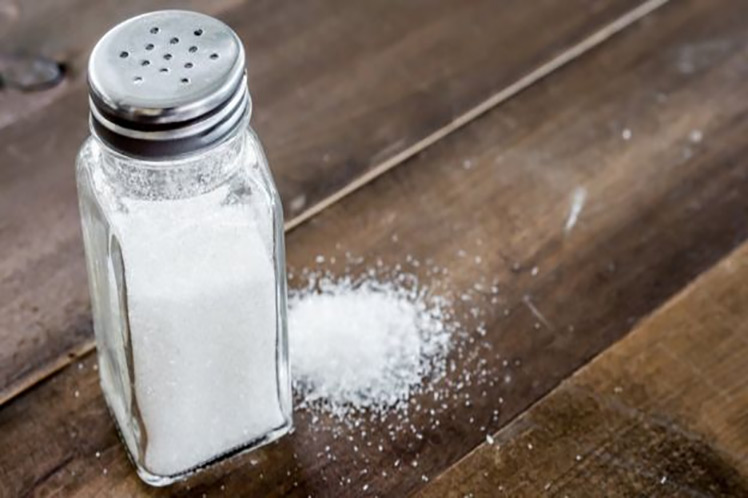National authorities agreed to reduce existing rates by 30% by 2025, but the Covid-19 pandemic added fuel to the fire due to lockdowns and significant changes in lifestyles, the Noncommunicable Diseases and Mental Health Anselm Hennis said.
It is overly critical that governments speed up their initiatives to achieve this goal, Hennis stressed, while searching a change in processed and ultra-processed products, from which most of the sodium consumed in diets comes.
Suggested actions include a reduction salt in bread, cereals, grains, meats, dairy and present maximum seasoning ‘thresholds’ for 16 categories and 75 subcategories of foods to reformulate.
If we want to achieve substantive transformations, we need that the purposes be adopted with a regulatory approach rather than a voluntary one, PAHO´s Regional Advisor on Nutrition and Physical Activity Fabio Da Silva Gomes warned.
Doing so is the only way in which nations will be able to lower the average intake of salt in their population by 2025, in a context in which sales of processed and ultra-processed products with excessive sodium content continue to grow, Gomes said.
mh/pll/msm/znc









